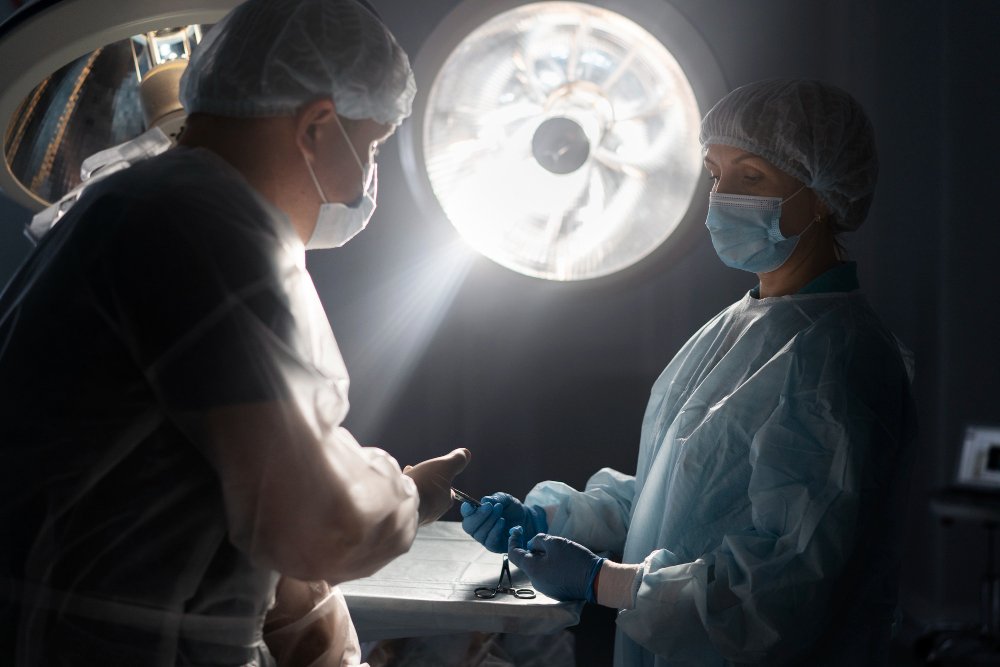It is a procedure where the fractures of the long bones in the body are fixed with a long nail and screws. The fractures of the arms, thighs and legs are usually fixed with a nail. As it is load sharing, patients can start walking with support on the very next day of surgery.
The smaller bones in the body like the forearm and hand are usually fixed with compression plates and screws. They help to align the fractures perfectly are allowed early mobilization of the affected part.
It is a recent advancement in Orthopaedic implant design to address fractures of the weak bones. These plates provide an extra rigid fixation and hence prevent implant failure in elderly osteoporotic patients.
Another advancement in surgical techniques are the minimally invasive surgeries which are more cosmetic in nature because of the use of smaller incisions and less tissue damage. They help in early wound healing and faster recovery.
Fractures with wounds are prone for infection. In such instances where a routine plate or nail fixation cannot be done, external fixators are used to temporarily fix these fractures till the soft tissues heal. They are not permanent but a temporary mode of fracture treatment.
This is another method of external fixation in infected or grossly comminuted fractures where routine surgeries cannot be performed. They are also indicated in deformity correction or limb lengthening procedures.
The immediate care of a trauma victim plays a vital role in saving them. Following an accident, emergency services must be informed immediately. The basic supports that can be given are-
If you have been injured in the accident, first check yourself for any injuries. Try to assess how well you can move your limbs, and if you experience symptoms such as dizziness etc. You need to be fit enough to help the others.
If other people are injured, first assess the extent of his/ her injuries. For e.g. blood from the head, neck, arms legs, abdomen back etc. Treat the quietest person first, they are usually more seriously injured or cannot breathe. People who can talk or scream, on the other hand, can breathe therefore can be treated a little later. Ask for the patient’s name, if he responds, it means he is able to understand the situation and has most likely not suffered a severe head injury.

